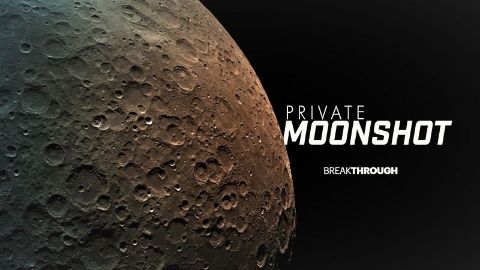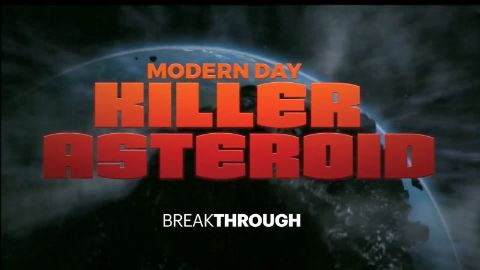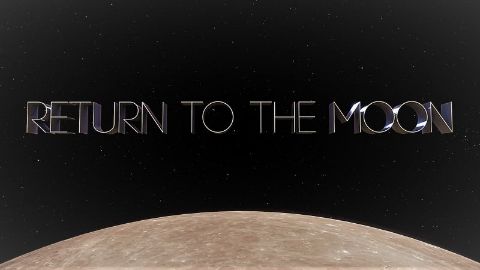Swallowed by a Black Hole
In summer 2013, the black hole at the centre of the Milky Way was getting ready to feast. A gas cloud three times the size of our planet strayed within the gravitational reach of our nearest supermassive black hole. Across the globe, telescopes were being trained on the heart of our galaxy, some 27,000 light years from Earth, in the expectation of observing this unique cosmic spectacle. For cosmic detectives across the Earth, it was a unique opportunity. For the first time in the history of science, they hoped to observe in action the awesome spectacle of a feeding supermassive black hole.
Make a donation
Buy a brother a hot coffee? Or a cold beer?
Hope you're finding these documentaries fascinating and eye-opening. It's just me, working hard behind the scenes to bring you this enriching content.
Running and maintaining a website like this takes time and resources. That's why I'm reaching out to you. If you appreciate what I do and would like to support my efforts, would you consider "buying me a coffee"?
Donation addresses
BTC: bc1q8ldskxh4x9qnddhcrgcun8rtvddeldm2a07r2v
ETH: 0x5CCAAA1afc5c5D814129d99277dDb5A979672116
With your donation through , you can show your appreciation and help me keep this project going. Every contribution, no matter how small, makes a significant impact. It goes directly towards covering server costs.





